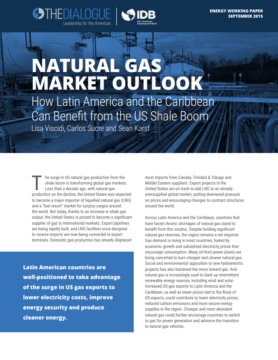
Natural Gas Market Outlook
Given their close proximity to the United States, LAC countries are well-positioned to capitalize on the surplus of US gas exports and current buyer’s market.
Given their close proximity to the United States, LAC countries are well-positioned to capitalize on the surplus of US gas exports and current buyer’s market.
The surge in US natural gas production as a result of the shale boom has implications for gas and LNG markets all over the world.
Natural gas has the potential to reduce Central America’s high energy costs and mitigate its dependence on imported oil.
Brazil must focus on reforms that will make Petrobras more competitive and create an attractive investment environment.
While the Trump administration’s “America first” policies are aimed primarily at giving higher priority to national security and economic growth for the United States, the White House’s approach will have impacts on energy relations with the rest of the hemisphere that should also be considered.
Lisa Viscidi, Director of the Energy, Climate Change and Extractive Industries Program, testified before the US House of Representatives Committee on Foreign Affairs on the subject of “Energy Opportunities in Latin America.”
Latin America faces many challenges in developing its energy resources and providing clean, affordable and reliable energy. With presidential elections in Brazil, Mexico and Colombia next year, there is considerable uncertainty about future energy policy, as potential candidates in these countries have presented widely varying energy and economic policy platforms.
Energy continues to be a bright spot in the US-Latin America relationship and new developments, like an uptick in US LNG exports, offer opportunities to increase energy security and cooperation across the Western Hemisphere.
The next few years will see a major shift in the hemispheric natural gas trade, as increased US LNG exports increasingly displace volumes from other exporters.
2018 has been a year marked by great political uncertainty for Latin American energy markets. Oil prices are up, creating strong incentives for investment, rising US natural gas exports are creating a new source of flexible, cheaper energy for Latin American consumers, and the cost of wind and solar energy is declining dramatically. However, Latin America continues to face uncertainty in energy policy as new governments take office in many countries and geopolitical tensions between the US and China are on the rise. With many questions on the table, government officials, corporate representatives, and analysts gathered on October 25 at the Inter-American Dialogue to assess the future of energy policy in the Western Hemisphere.
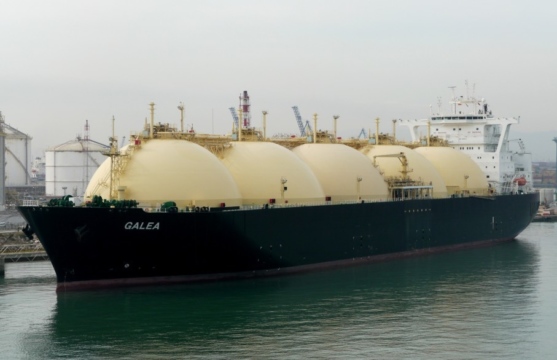
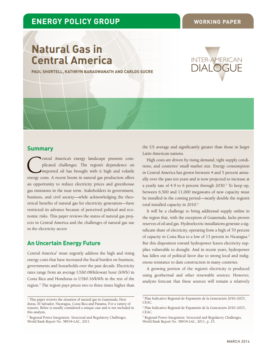
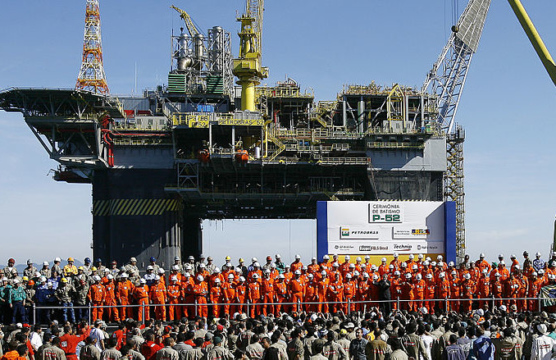
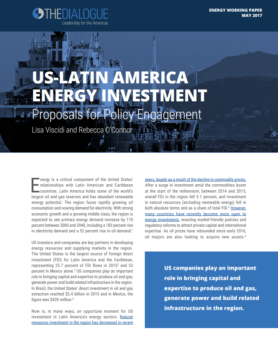
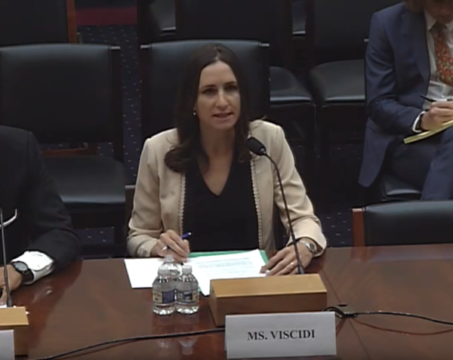 Video
Video

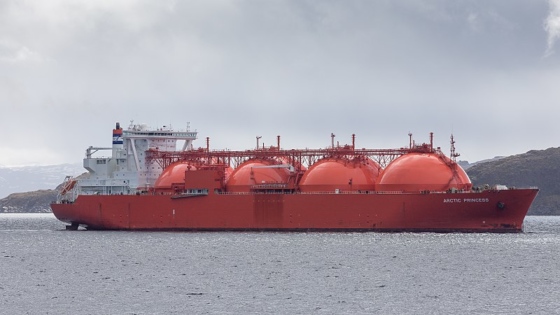
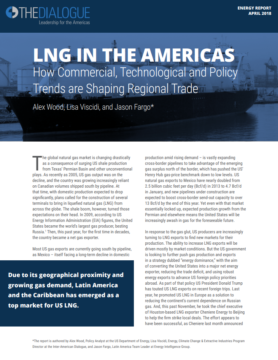
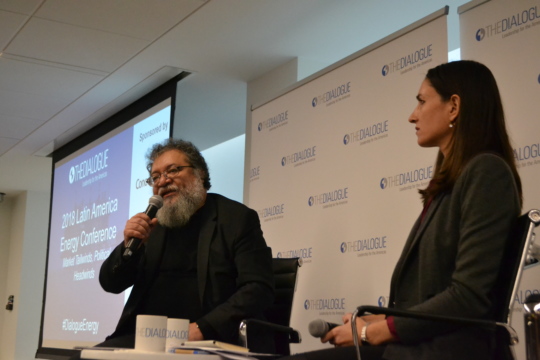 Video
Video